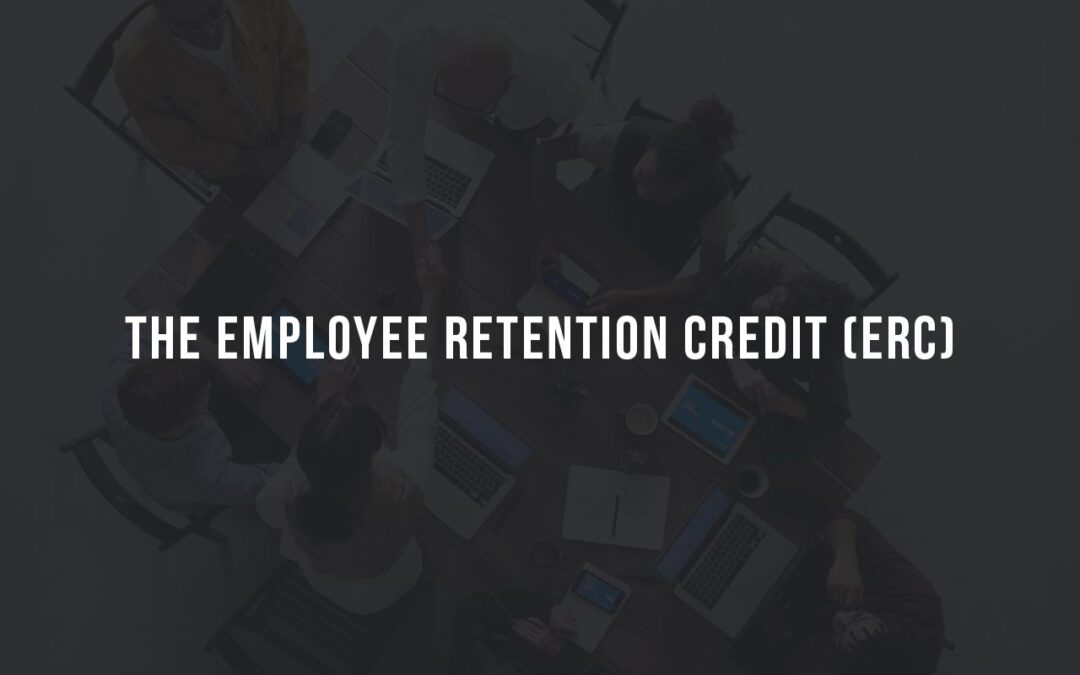CALL US
(980) 237-1714
Email us
justin@pruscpa.com
Friday 09:00 - 15:00
Mon - Thu 09:00-17:00
Cost segregation
Estimated Reading Time: 2 minutes 45 seconds
Dear GP CPA Client: Cost segregation is the magic sauce that breaks your real property into its components and some of these components can depreciate much faster than the typical overall standard 27.5 or 39 year periods.
This magic sauce is brought you courtesy of a team of engineers that specialize in cost segregation studies that are accepted by the IRS as a method a tax reduction.
What is Cost Segregation and how it works?
When you buy real property, you typically break it into two assets for depreciation purposes:
- land, which is non-depreciable; and
- building (residential is 27.5-year property; nonresidential is 39-year property).
With a cost segregation study, you make your property much more than a building on the land. Here’s what’s possible with a cost segregation study:
- land, which is non-depreciable
- 5-year property
- 7-year property
- 15-year property
- for the remainder, 27.5-year property or 39-year property, depending on building use
With a cost segregation study, you front-load (“It’s my money and I want it NOW!!!“) your depreciation deductions and take them sooner, but you’ll take the same total depreciation amount over the lifetime of the property.
Tax reform under the Tax Cuts and Jobs Act boosted bonus depreciation from 50 percent to 100 percent, and this new law also allows bonus depreciation on qualifying used property. Cost segregation is made to take advantage of these new law changes. And you can apply cost segregation to rentals and offices you have had for 10 years or that you are buying tomorrow.
If the passive activity loss rules affect your ability to take immediate rental losses, we need to run the numbers to see if you can benefit and also identify what you could do to benefit even more.
Tax reform in one of its “not beneficial to you” new law sections took away your ability to do a like-kind exchange for non-real property. Therefore, if you do cost segregation and then later use a like-kind exchange on that property, you’ll have taxable gain attributable to everything that’s not land or 27.5-year or 39-year property.
We recently saw a cost study on a new $400,000 property purchased this year. The study enabled a speed-up of $50,000 of deductions to this year’s tax return. For this taxpayer, who was in a combined federal and state income tax bracket of 40 percent, this put $20,000 in their pocket this year.
Let’s get started with you your real estate empire. Email or call GP CPA today.
Related Articles

The Employee Retention Credit (ERC)
The Employee Retention Credit (“ERC”) has had some upgrades and retrofits to some of the basic calculations with the most recent (12.27.20) CARES Act changes.

Good Riddance, 2020
What is new in 2021? Meals in 2021 are once again 100% deductible, the next round of PPP funding is coming and the Employee Retention Credit (ERC) has been changed.

How to Persuade Clients to Change Banks. Listen to Justin Prusiensky’s Guest Appearance on the Relay Financial Webinar
Our expert accountant Justin Prusiensky was recently interviewed as a guest speaker by Relay Financial to discuss how to persuade clients to change banks.

Tax Planning with GP CPA
GP CPA offers a wide range of business advisory services that are tailored to the needs of business owners. For those small businesses who need someone to keep the books, we can do that.

What Tax Breaks Changed From 2018?
Congress extended some of the tax breaks retroactively to January 1, 2018. They now expire on December 31, 2020. Learn more about tax breaks that have been extended.

GP CPA Charlotte Sales Tax News Update
As many area businesses know Charlotte Sales Tax rate is either 2%, 7.25%, or 8.25% and what rate belongs to your business is based on what the business is selling.
Comments


0 Comments